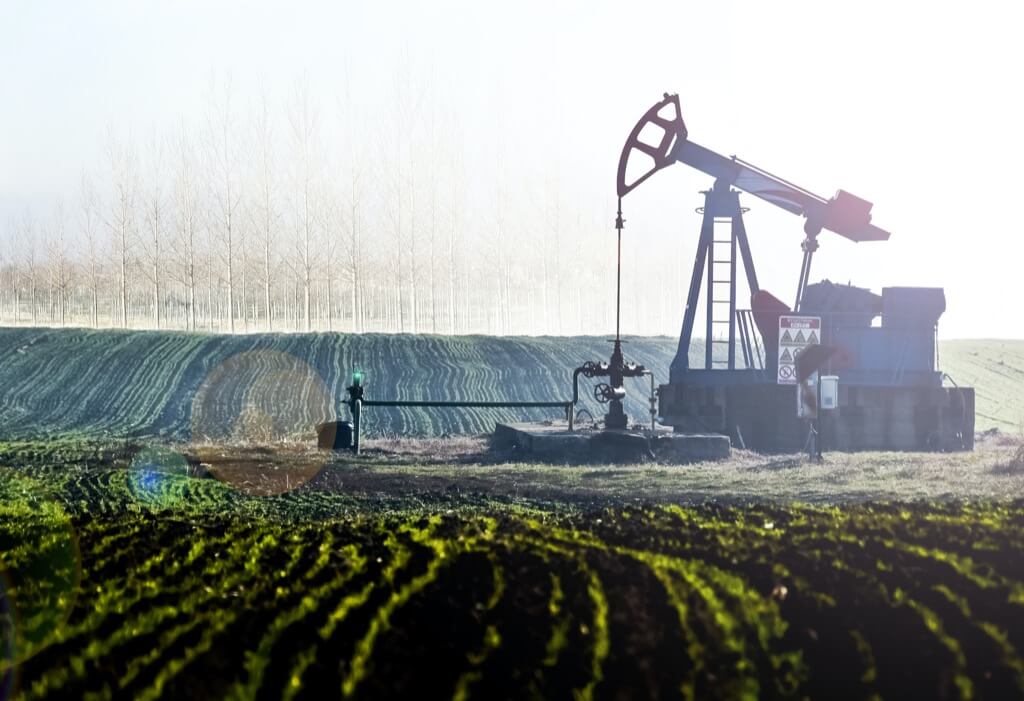The wine industry encompasses a comprehensive process that involves cultivating and gathering grapes, followed by the crushing and pressing of these grapes to produce unfermented wine. Subsequently, the wine undergoes fermentation. Additionally, this industry extends its offerings to include wine blends, brandies, and wines crafted from various fruit sources.
In the realm of South Africa, the wine industry plays a pivotal role. It stands as the second-largest exported agricultural commodity, following closely behind citrus. Notably, this industry contributes significantly to the country’s economy, exporting wine to an impressive 130 countries worldwide. This exportation equates to a substantial value of R9.9 billion, equivalent to an astounding 18 million glasses of wine consumed each day, globally.
Tracing back in history, the introduction of Vitis vinifera, the classic grapevine species, can be credited to the Dutchman Jan van Riebeeck in 1655, marking the inception of wine cultivation in South Africa. The origins of the first wine farms can be traced back to land grants facilitated by another Dutchman, Simon Van der Stel, in which the French Huguenots played a significant role. Simon Van der Stel also established the esteemed Constantia estate.
Industry Significance: The South African wine industry stands as a cornerstone of the nation’s economy. It ranks as the second-largest exported agricultural product, trailing only behind citrus. This thriving industry plays a pivotal role in shaping South Africa’s economic landscape.
Global Reach: The reach of the South African wine industry is truly impressive. It exports its products to an extensive network of 130 countries worldwide. This global presence underscores the industry’s impact on the international wine market.
Economic Contribution: In monetary terms, the South African wine industry wields substantial economic influence. The value of its exports amounts to an impressive R9.9 billion. This figure encapsulates the financial magnitude of the industry’s contributions to South Africa’s economic vitality.
Daily Consumption: The extent of wine consumption stemming from the South African wine industry is nothing short of staggering. Globally, an estimated 18 million glasses of wine are enjoyed every day. This steady demand underscores the industry’s enduring popularity and relevance.
Historical Foundations: The roots of the South African wine industry delve deep into history. It finds its beginnings in 1655 when Vitis vinifera, the classic grapevine species, was first introduced by the Dutchman Jan van Riebeeck. This historical context provides a foundational understanding of the industry’s enduring legacy.
| Topic | Description |
|---|---|
| 1. Varietal Diversity | South Africa boasts a diverse range of grape varietals, offering a spectrum of flavors to satisfy every palate. Whether you prefer the boldness of Cabernet Sauvignon or the crispness of Chenin Blanc, you’ll find a wine that suits your taste. Exploring this varietal diversity allows you to discover new favorites tailored to your unique preferences. |
| 2. Terroir Influence | The South African wine industry is celebrated for its distinct terroirs, each imparting unique characteristics to the grapes. When you delve into these nuances, you’ll uncover how factors like soil type, climate, and altitude contribute to the final product in your glass. Understanding this influence empowers you to appreciate the subtle complexities of each wine you encounter. |
| 3. Sustainability Practices | With a growing emphasis on sustainability, South African wineries are implementing eco-friendly practices. By choosing wines from producers committed to sustainable viticulture, you align with a conscientious approach to wine consumption. Your support for environmentally responsible practices contributes to the long-term health of both the industry and the planet. |
| 4. Historical Significance | The South African wine industry carries a rich history that dates back centuries. By exploring this heritage, you gain insight into the evolution of winemaking in the region. You’ll appreciate the traditions and innovations that have shaped the industry, deepening your connection to the wines you enjoy today. |
| 5. Emerging Trends | The industry is in a constant state of evolution, with new trends and techniques continually emerging. Staying attuned to these developments allows you to be at the forefront of wine appreciation. Whether it’s the rise of natural wines or the adoption of innovative aging methods, embracing these trends enriches your wine experience. |
These contrasting topics provide a well-rounded perspective on the diverse facets of the South African Wine Industry, offering you the opportunity to delve deeper into your wine journey.
In navigating the intricate tapestry of the South African Wine Industry, we’ve uncovered a landscape rich in diversity and history. Each sip encapsulates the essence of varietals nurtured by the unique terroirs of this remarkable land. As you explore this world, remember that your choices matter. Opting for wines produced with sustainable practices is a testament to your commitment to both quality and the environment.
We acknowledge that this journey is not without its challenges. The industry, like any other, faces its own set of hurdles. Yet, by understanding and empathizing with these difficulties, we forge a deeper connection with the wines we cherish. We stand together in recognizing the significance of preserving the heritage and traditions that have defined South African winemaking for centuries.
Your voice matters. We invite you to share your thoughts and experiences. Engage with us through comments or by spreading the knowledge you’ve gained. Together, we can continue to elevate our understanding and appreciation of the South African Wine Industry, fostering a community bound by a shared passion for exceptional wines and the enduring spirit of this remarkable industry.
Through our engagement, we’ll uncover even more about this ever-evolving landscape. Simply reach out via the contact form, and let’s embark on this journey of discovery together. Looking forward to connecting with you.

